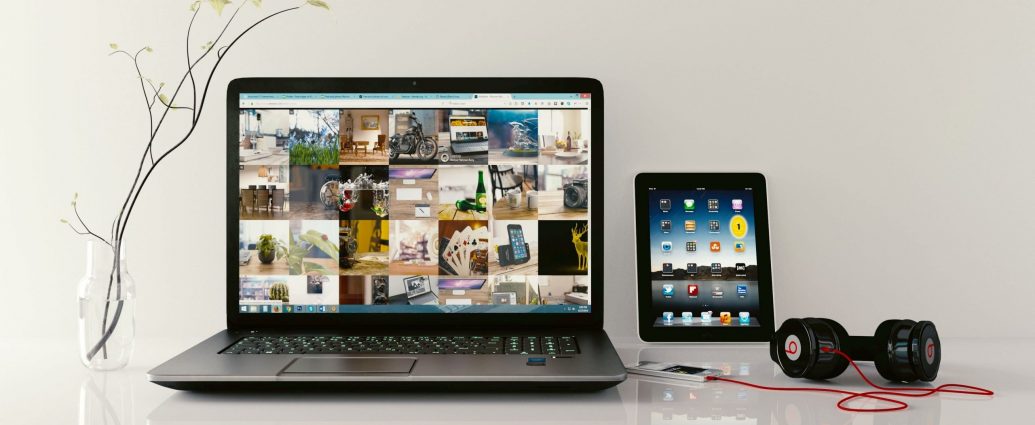Alongside ‘social distancing’, ‘furlough’ and of course, ‘coronavirus’, we’ve also invited another new phrase into our vocabulary during the lockdown; ‘digital detox’. Although ‘digital detoxing’ has been a registered word in the Oxford Dictionary since 2013, long before the recent reign of Covid-19, this form of purging is especially relevant to present times where we are spending more time than usual in front of screens.
According to Time to Log Off, an organisation which aims to raise awareness of the impact of a screen-based lifestyle, a digital detox is;
“a temporary period of fully disconnecting from all digital devices to focus on social interaction, reduce stress and be fully present in the world ‘offline’”
Whether it be your phone, TV, laptop, work monitors, smart watch or games console, it is without a doubt that we have had ‘square eyes’ for some time. Yet before Covid-19 hit, many of us had other offline activities to fill our day and find some balance. Now, with furloughing rife, working from home in full swing and a need to keep our minds distracted from the worries of 2020, our screens are our best friends more than ever.
My Experience
We all know that notification too well, “Weekly Report Available, you averaged X hours and X minutes last week”. For me, one report struck a chord and I needed to make a change. As someone who works in digital media, I never thought it would come to this. Being present online is important to me but the climate online, induced by Covid-19, became unbearable. I swapped threads on Twitter for some real ‘me time’ and it really helped me find some mental serenity.
Here’s some top tips for not only attempting a digital detox but actually sticking to it:
- Social Media: Start by muting your social media apps rather than completely deleting them. This will make it easier to reinstall and return to online life when you would like to.
- Group Chats: It’s not that you don’t like your friends, but muting group chats will help to eliminate gossip on trending topics like Covid-19. It’s nothing personal but for a complete ‘digital detox’, my messaging apps had to go.
- Banner Notifications: You may also have other shopping, work or gaming apps which notify you regularly. Turning these off, or minimising them to working hours, will allow for a true digital cleanse.
- Screen Time Limit: So you’ve muted your notifications but still find yourself scrolling through your photos or notes for fun. Most phones now allow you to set limits on your screen time, try this out to keep on track.
- Offline Life: Now you’re offline, invest your time somewhere else; an uninterrupted offline life allows you to be more productive.
- Don’t be too ambitious: You may need to return to online life eventually so don’t be disappointed if you find yourself returning sooner than expected. A break is better than no break at all.
I spoke to contributors of Empoword Journalism to see what lessons they’ve learnt from ‘digital detoxing’;
Millie Gibson, EJ contributor: “I would agree and attest that I’ve had to make an active effort to step back from my phone, social media in particular at this time, and I’ve thankfully felt much better for it. Even if not a whole day/weekend (which can make me feel a bit rubbish about myself if I end up ‘caving’ and checking social media), what I’ve found makes a difference for me is trying to delay the moment I first go on my phone. The later in the day I can leave it, I’m scrolling a lot less in total, as well as feeling more ‘in control’ of what I’m doing, rather than that passive scrolling. Being in lockdown has made me realise just how many hours in the day there are to fill, and it has been so easy for those hours to slip by scrolling through rubbish and it really requires an active effort to remind myself that I don’t actually want to do that.”
Emily Algar, EJ contributor: “I have been avoiding Twitter like the plague, or like Covid-19. I find it really informative but I don’t think our brains or psyche are built to have hundreds of thousands of people talking or sometimes shouting all at once in one room, which is effectively what Twitter is. I have also noticed I am not checking the news as much because there is SO much and my brain just can’t process it all, so I am instead finding particular columns and going straight to them or seeing articles on Instagram or FB on the current situation in the US or on Covid-19, and then finding about the news that way.”
Interested in trying a digital detox? Learn more here.
Read more articles from fellow Empoword Journalism writers here.
Laura Buckle
Image courtesy of @Monoar _CGI_Artis, Pixabay.

